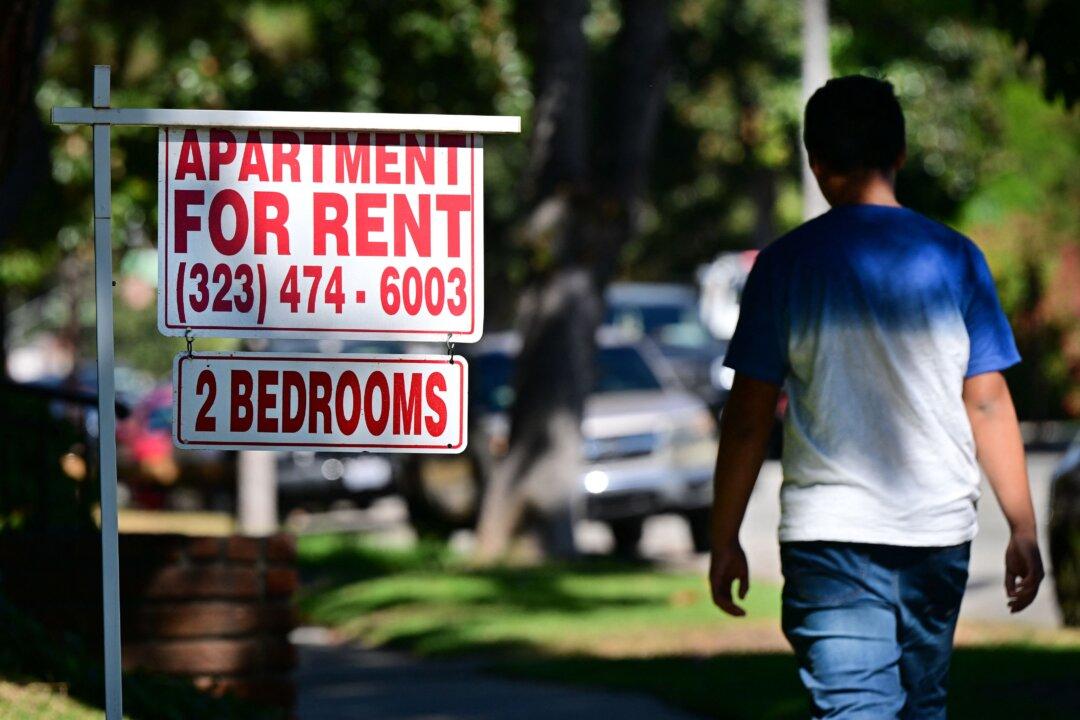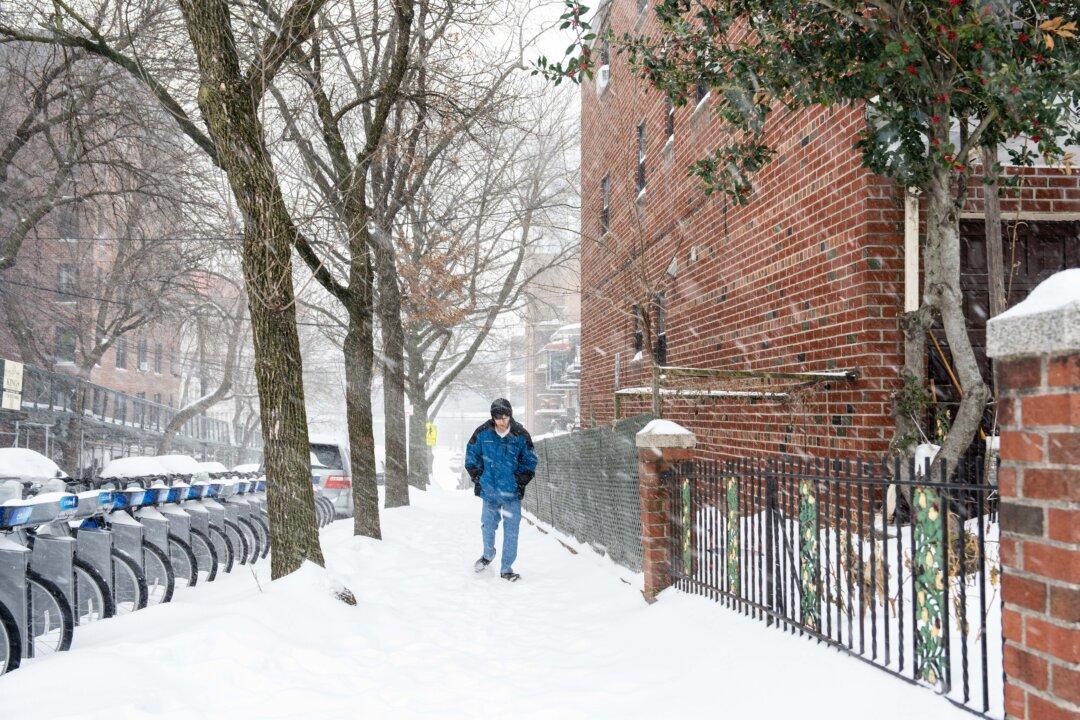The Biden administration recently announced a new component of its war on junk fees, curbing rental fees that officials assert are exacerbating housing affordability challenges.
The White House plans to focus on repeated rental application fees, surprise “convenience fees,” and other hidden charges.





